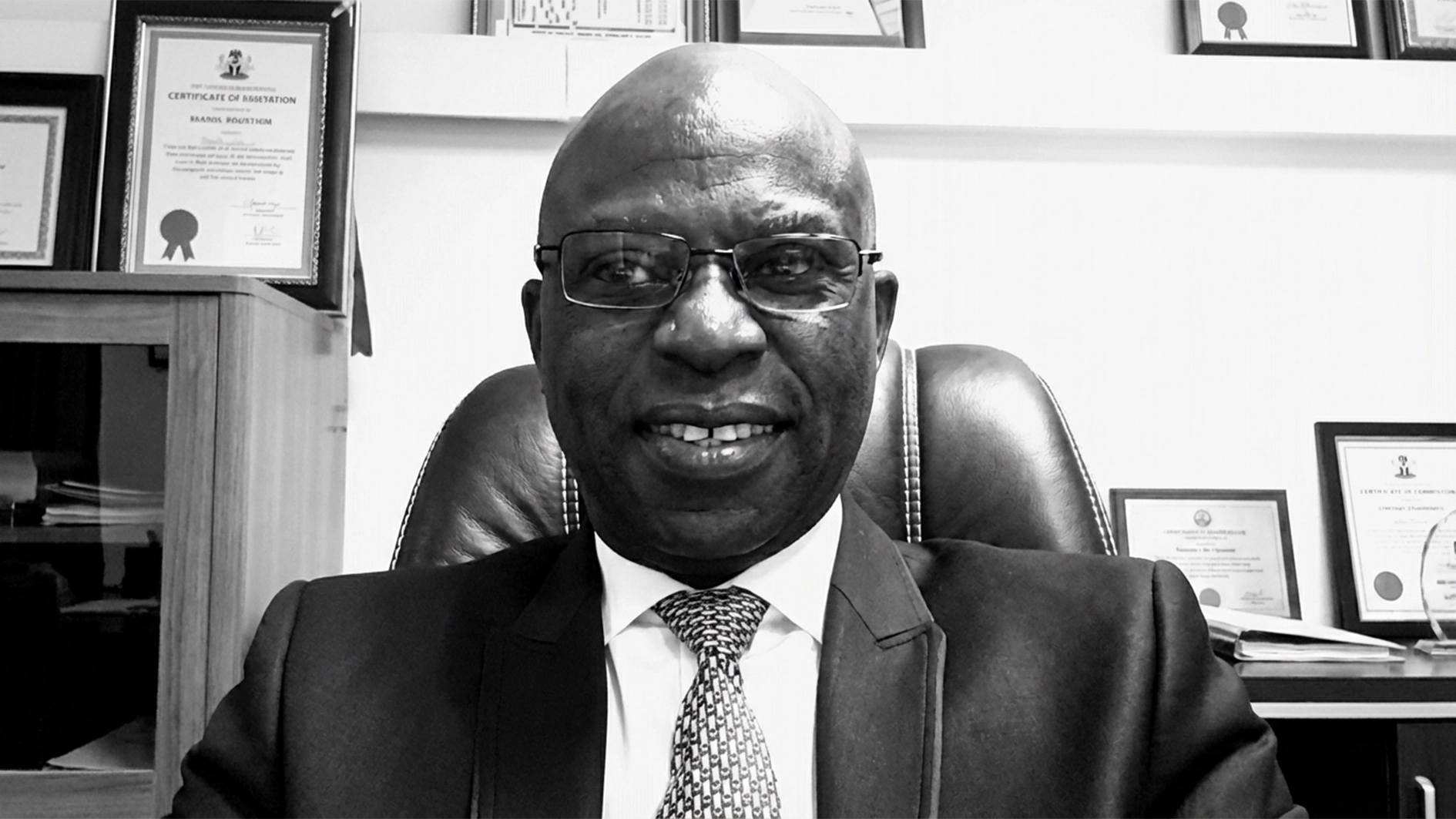
Apparently to set an agenda for the current administration and the new minister, stakeholders in the aviation sector have called for house cleaning across the board, to resent the sector for viability and growth.
Specifically, they said the industry must fully restructure to align with modern demands and growth in aviation infrastructure, skills-set, technology, and innovation, to optimise local potential.
In a communique, sequel to the 27th yearly conference of the League of Airport and Aviation Conference (LAAC) in Lagos recently, the stakeholders acknowledged challenges facing the aviation sector, emerging dynamics of global air transport, requirements to stay afloat, and opportunities alike.
They pointed at the aviation industry in Nigeria as lagging through poor airport infrastructure, chaotic airlines’ operations, and add-on effects on dissatisfied travelling public.
They, however, reckoned that the changing times would require good preparation that is equipped with the right policies, technology, financing, and efficient operations to cope with the market realities.
Participants observed that the changing times requires manpower development across the supply chain of air transport. Human capital and its development should entail having the right people, right equipment, good knowledge of usage and proper programme to support their growth.
They were unanimous that there is no separating airlines profitability from the environment they operate. But where the environment is bloated by the wrong workforce, unfriendly and merely reactive policies, then airline operations and attendant profitability are hampered.
Of specific mention were the routine appointments of non-technical workforce in aviation agencies based on patronage and attendant overhead burden on both agencies and airlines (in taxes and charges). Similarly, civil aviation’s unfriendly policy of starting a new airline with a six-aircraft fleet, while airlines globally test the waters with one or two.
As a way forward, they recommended that the apex regulator should (proactively) review policies that are detrimental to the airlines and the industry in general.
To complement regulatory reform, the industry needs a national air connectivity agenda that licences operators at three tiers – small, medium, and major airlines (for regional and international operations). The decentralised licensing mechanism will open the niche market in accordance with operator’s strength and for-profit optimisation.
Similarly, there is a need to review the albatross of multiple taxation and charges on airlines. “The requirement for new startups to present six aircraft as a condition for AOC should be expunged from the civil regulation,” the forum stated.
They added that the aviation agencies must shed weights of over bloated unskilled workforce and desist from profit motives that keep circling back to hurt airlines’ revenue through multiple taxation and charges. “Aviation agencies are neither for profit nor excess revenue,” they reiterated.
“The industry needs people that understand what policies are and their implementation. Ministers and heads of agencies must desist from allocating positions based on patronage,” the stakeholders affirmed.
To cope with the trends, investment in knowledge and capacity building should be paramount. They stressed that training is no favours to the employees, rather, an investment in the health of the industry. Companies must, therefore, go beyond mere regulatory compliance to put in place a robust process that would chaperon an effective and non-chaotic leadership succession in the future.
“The travelling public remains the king of the aviation business and must be treated accordingly. There is the need for all stakeholders including the service providers (agencies); the operators (airlines, ground handlers, catering companies among others) to synergise to up the ante on consumer protection and satisfaction. All stakeholders exist to serve the consumers.
“Operators, especially airlines, must keep innovating and cooperate through alliances. Only through partnership can they balance revenue with the cost of operation, have better connectivity, and aim at profitability. For sustainability, there must be accountability and consequences of actions or inactions.
“Government should desist from approving only unprofitable routes (Red Routes) to Nigerian airlines and should have confidence in the airlines. The ‘Red Routes’ drain the resources and businesses of the airlines,” the communique read in part.






